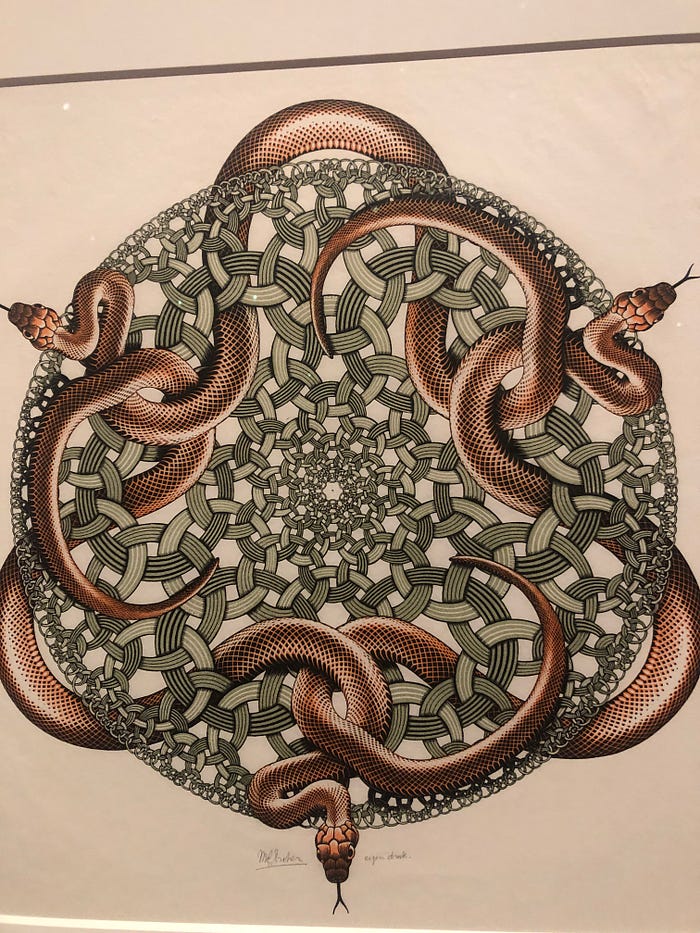Navigating Autism: Understanding Your Unique Journey
Written on
Understanding Autism: A Personal Reflection
When I began the journey of testing for Autism, there was an underlying fear of what the results might reveal. I considered the possibility of simply being quirky rather than acknowledging that my mind operates differently from others. However, having previously been diagnosed with PTSD helped me articulate my struggles and allowed for a more compassionate dialogue about my challenges.
During my evaluation, the tester asked if I felt different. I was determined not to let this label define me. I reflected on my childhood and the pain I experienced. For years, I internalized my learning difficulties, feeling like a project for teachers to mold into their ideal student.
It's important to recognize that while bullying among peers is frequently discussed, the emotional toll from educators often goes unnoticed. Throughout my early education, I frequently found myself blamed for actions I didn’t commit, leading to a cycle of trouble and isolation. Ironically, I was the quiet child who preferred solitude and had no close friends.
Despite the reality of my autism, I know my family would likely dismiss it, attributing my differences to simply being "weird." However, I've learned to stop punishing myself for my sensitivities, whether it be to clothing, materials, or food textures.
For instance, on a recent trip to see a fellow autistic friend, I found myself fixated on the discomfort of a bra tag that wouldn’t lie flat against my back. This seemingly small issue became all-consuming, triggering an intense itch that I couldn’t ignore.
Driving also presents its own set of challenges for me. I struggle with sensitivity to light and heat, which can be overwhelming on long journeys. The combination of noise and motion creates a sensory overload that feels like an overflowing cup, spilling over the edges.
During these overwhelming moments, my ability to communicate diminishes significantly. Expressing my feelings becomes an arduous task, and I often find myself more susceptible to overstimulation than understimulation.
Sometimes, this mental overwhelm manifests as a buzzing sensation in my head and on my skin, coupled with fleeting hearing loss in one ear. I've trained myself to remain silent about these experiences, rarely showing others what I'm enduring internally. Recently, I’ve begun to touch my ear when I lose hearing, a small acknowledgment of my overwhelm, which usually culminates in either shutting down or a meltdown.
Spending time with my autistic friend has clarified how we communicate and manage our sensory overload. We often go extended periods without texting each other, not out of rudeness but because engaging in conversation can be draining. Phrases like "How are you?" can feel overwhelming, as I often don't take the time to evaluate my own feelings.
In my childhood, my emotions were often overlooked, as I focused on diffusing tensions between my parents.
While society may suggest that autism should not define who you are, I’ve come to accept that it is an integral part of me. This realization has fostered a sense of kindness towards myself, replacing self-criticism with understanding. I strive to figure out what I need in the moment to regulate my emotions and how to express my needs when I become non-communicative.
Section 1.1: The Journey of Diagnosis

Section 1.2: The Impact of Sensory Overload
Chapter 2: Communicating in Our Own Way
The first video titled "So you think you might be Autistic...Now What?" offers insights into recognizing autism and the subsequent steps to take.
The second video, "What Do You Do If You Think You're Autistic?" provides practical advice for individuals questioning their neurodiversity and how to navigate the journey.